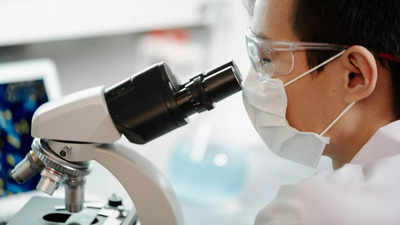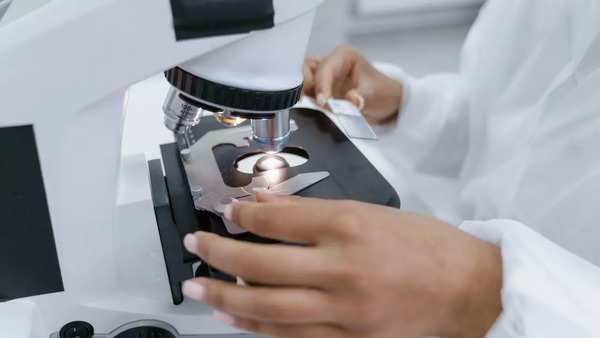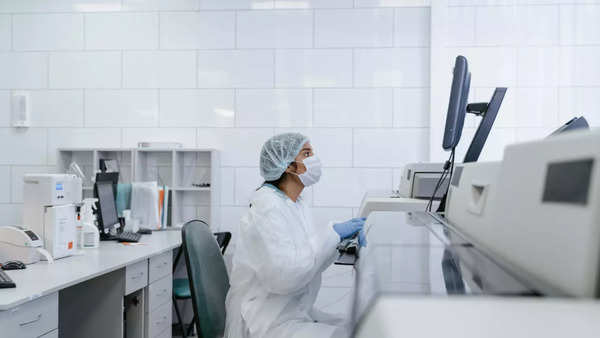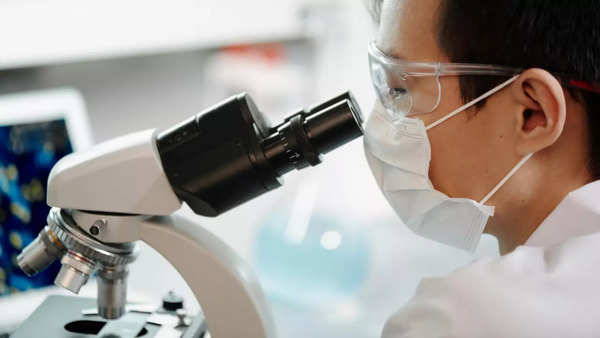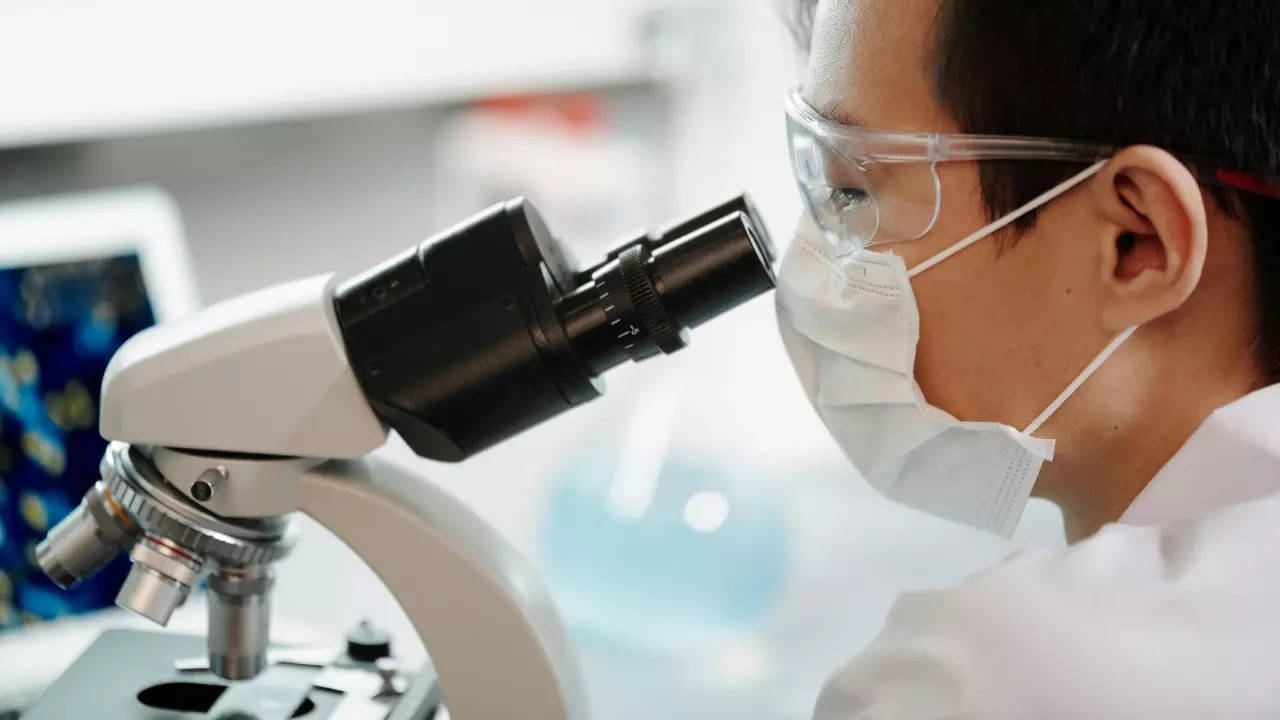A year ago, researchers from Lund University in Sweden found out that some strains of bacteria found in the Ukraine war-wounded victims had
total antibiotic resistance
. The same team has now studied the infectiousness of the bacteria. The article is now published by the researchers in the Journal of Infection. The lead author of the study stated that the bacterium ‘
Klebsiella pneumoniae
‘, which is resistant to all antibiotics, is also particularly aggressive and dangerous.’
The researchers studied samples from 141 war-wounded (133 adults wounded in the war and eight new-born babies with pneumonia) and found the presence of several types of bacteria that are resistant to broad-spectrum antibiotics and that six percent of all samples were resistant to all the antibiotics that the researchers tested on them.
The presence of drug-resistant Klebsiella pneumoniae from Ukraine poses a significant risk, as the strain of the pathogen causes one in five deaths due to antimicrobial resistance (AMR) globally.
The researchers also examined whether Klebsiella pneumoniae can cause disease in a wider context. According to the study, Klebsiella can cause urinary tract infections, pneumonia, skin infections in wounds, and sepsis.
Kristian Riesbeck, professor of clinical bacteriology at Lund University and senior consultant, in a release, said, “All the bacteria were shown to carry the genes that we know are associated with resistance. We saw that one-quarter of them were resistant to all the available antimicrobial drugs on the market, these bacteria are said to have total resistance (pandrug-resistant). Infections caused by these bacteria become very difficult, or in some cases impossible, to treat with the medicines we have today.”
The researchers also found out if the infection could spread further through the bacteria taken from the patients in the Ukraine. To find out about it, they experimented with mice and insect larvae.
“It was shown that the bacteria types most resistant to antibiotics were also the ones that survived best in mice in connection with pneumonia. Similarly, these bacteria types were so aggressive that they killed the insect larvae considerably faster than the bacteria that were less resistant to antibiotics,” he added.
The study also confirmed that all Klebsiella bacteria with total resistance carried the genes that make them more virulent. “In many cases, bacteria lose their ability to infect and cause disease because all their energy is spent on being resistant to antibiotics. But we have perhaps underestimated bacteria: we saw that many of these bacteria types from Ukraine are equipped with genes that make them both resistant and virulent,” Riesbeck observed.
The professor also alerted that the bacteria will not disappear over time. And if the patients are not isolated and treated properly, the infection will continue to spread. “Even though these pandrug-resistant bacteria are fighting to survive our antibiotic treatments, they still have a complete set of genes that make them capable of causing disease. This is surprising for us all and unfortunately a worrying sign for the future,” the professor stated.
(Pic courtesy: Pexels)
I’m Manas Ranjan Sahoo: Founder of “Webtirety Software”. I’m a Full-time Software Professional and an aspiring entrepreneur, dedicated to growing this platform as large as possible. I love to Write Blogs on Software, Mobile applications, Web Technology, eCommerce, SEO, and about My experience with Life.

